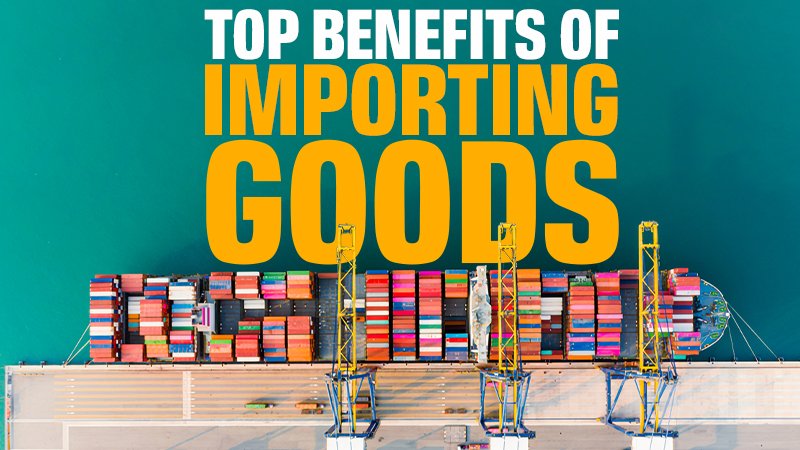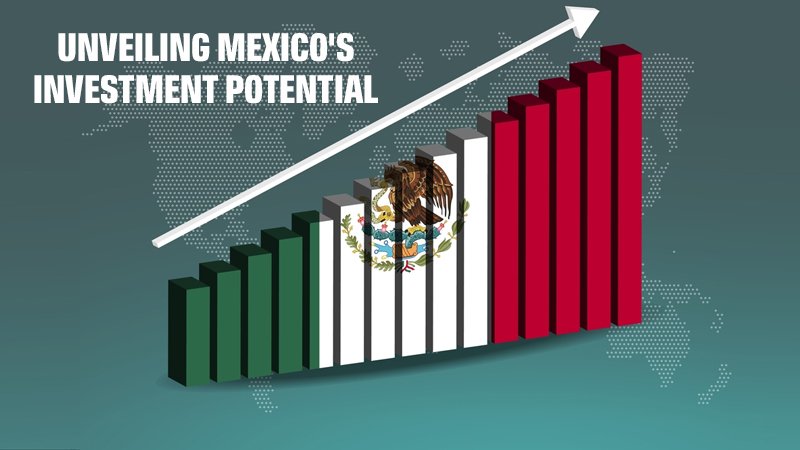In the early hours of a recent Tuesday (March 26, 2024), the maritime and logistics world was jolted by an incident in Baltimore, where a container ship named the Dali collided with a support column of the Francis Scott Key Bridge, leading to its collapse. This event has not only disrupted local operations but also raised concerns about its extended impact on global supply chains.
We spoke with the Freight forwarders about their concerns, The Freight forwarders expressed concerns about the impact of the Baltimore bridge collapse on their operations, fearing significant disruptions, potential financial losses, and the need for government support to prevent bankruptcy. They highlighted the urgent necessity for alternative shipping routes and the potential for increased shipping costs.
The Immediate Aftermath and Broader Implications
The bridge's collapse has suspended all maritime traffic to and from the Port of Baltimore, one of the United States' pivotal maritime hubs, renowned for being the busiest port for car exports and a significant player in global cargo throughput. Last year, the port handled over 47 million tonnes of foreign cargo, highlighting its critical role in international trade.
The port's closure, following the collapse, is expected to have a "significant ripple effect on global supply chains," according to Marco Forgione of The Institute of Export and International Trade. The port's strategic importance is underscored by its heavy traffic, with over 750,000 cars and vehicles processed last year, featuring major brands like General Motors, Ford, and Jaguar Land Rover, among others.
Economic and Operational Challenges
The Port of Baltimore's operational halt presents a complex challenge, potentially leading to heightened shipping rates and logistical hurdles as businesses scramble to reroute shipments through alternative ports like Texas and California. The incident's timing is particularly concerning, as the shipping industry was just beginning to stabilize post-COVID-19 disruptions.
The economic ramifications extend beyond immediate logistics; the port directly supports around 15,000 jobs and indirectly influences an estimated 140,000 more. The uncertainty surrounding the duration of the closure exacerbates the anxiety for businesses and workers reliant on the port's bustling activity.
Strategic and Long-Term Considerations
The event underscores the vulnerability of global trade networks to infrastructural failures and highlights the need for robust risk management strategies. As import-export consultants, we recognize the necessity for businesses to develop contingency plans that account for such unforeseen disruptions.
Rebuilding the bridge and restoring full operational capacity at the Port of Baltimore will undoubtedly be a monumental task, with President Biden committing to expedite the recovery process. Yet, the incident serves as a crucial lesson in the importance of investing in infrastructure resilience and emergency preparedness.
Moving Forward
For businesses impacted by the bridge collapse, the immediate focus should be on minimizing disruptions through alternative logistical arrangements and leveraging comprehensive risk assessment plans. Engaging with experienced consultants can provide valuable insights and strategies to navigate through these challenging times and prepare for future contingencies.
As we await further developments and a thorough investigation into the cause of the crash, the incident at Baltimore serves as a stark reminder of the interconnected nature of global trade and the cascading effects a single event can have on international supply chains.
In conclusion, the Baltimore bridge collapse is a call to action for the shipping and logistics sectors to reassess and reinforce their infrastructure and risk management practices. By understanding the broader implications of such incidents and proactively planning for potential disruptions, businesses can better withstand the complexities of global trade and emerge stronger in the face of adversity.
The Baltimore incident is a grim reminder of the global supply chain's fragility, highlighting the urgent need for resilience and robust contingency planning. As the industry navigates these tumultuous times, collaborative efforts among government bodies, shipping lines, and businesses are crucial for mitigating impacts and fostering recovery.
The port's closure, with its last annual throughput exceeding 47 million tonnes of foreign cargo, poses a significant threat to global supply chains. Marco Forgione, from The Institute of Export and International Trade, predicts substantial ripple effects. Over the past year, Baltimore facilitated the transit of over 750,000 vehicles, including major international brands, underscoring its pivotal role in the automotive sector and beyond.
Despite the gravity of the situation, alternative arrangements for container redirection to larger ports are in motion. While initial apprehensions loomed over liquified natural gas (LNG) exports, the Cove Point LNG terminal ensured uninterrupted operations, maintaining its monthly export quota to various markets.
President Biden's commitment to expedite the port's reopening and bridge reconstruction offers a glimmer of hope. However, the anticipated duration of these recovery efforts remains uncertain. Beyond maritime traffic, the Port of Baltimore is integral to the livelihood of approximately 15,000 individuals and indirectly supports an additional 140,000 jobs.
In response to the calamity, Maersk, a leading shipping conglomerate, announced its decision to bypass Baltimore indefinitely. This move reflects the broader industry's struggle to navigate the aftermath and adapt to evolving logistical landscapes.
Source : BBC News








Comments
No comments yet.